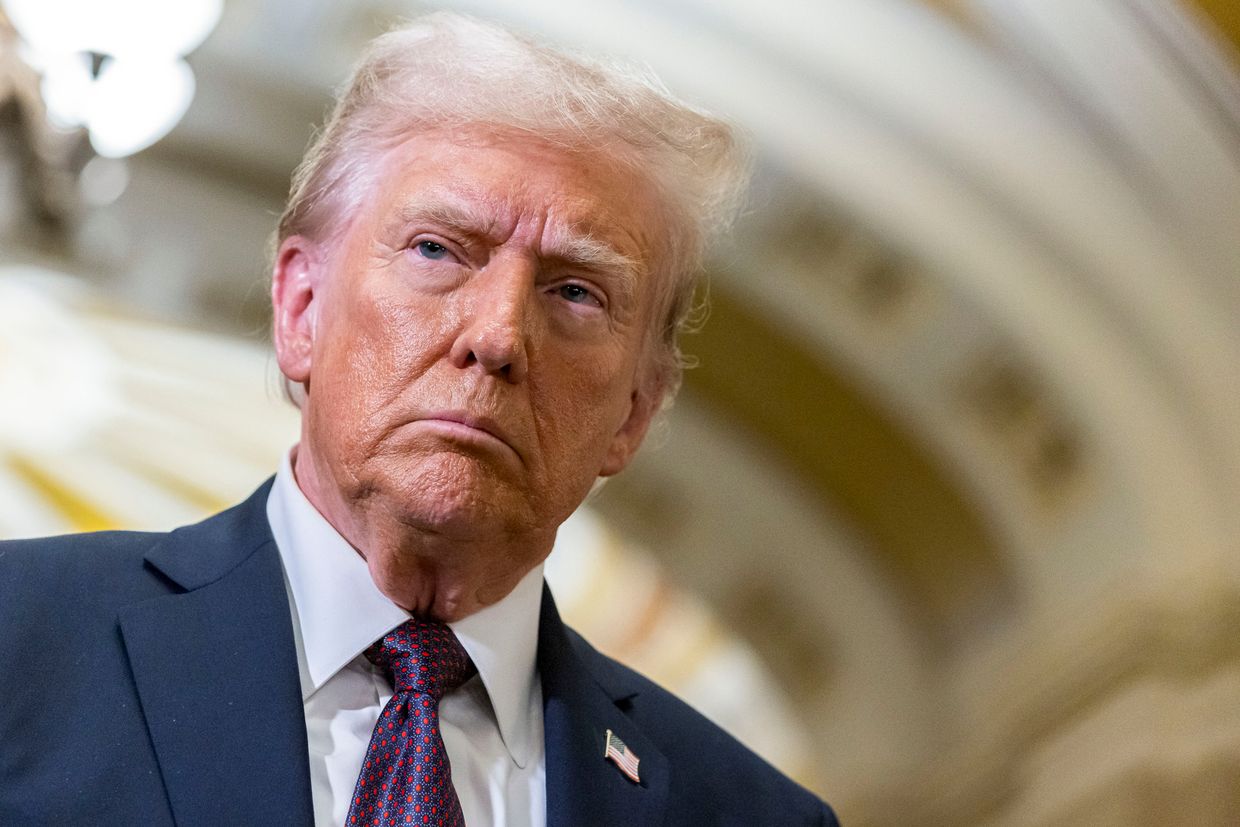German FM slams her government over hesitancy on Ukraine aid

Germany is not currently seen as a "driving force for peace policy in Europe," German Foreign Minister Annalena Baerbock told Politico in comments published on Jan. 17, criticizing her own government for hesitancy in support of Ukraine.
"Even now, during the election campaign, some prioritize a national perspective — or how to quickly gain a few votes in the parliamentary election — rather than taking real responsibility for securing Europe’s peace and freedom," Baerbock said
Her comments come a little over a month before the snap parliamentary elections prompted by the Free Democratic Party (FDP) leaving the governing coalition with Baerbock's Greens and German Chancellor Olaf Scholz's Social Democrats (SPD).
Foreign policy issues like the Russia-Ukraine war are becoming key topics of the electoral campaign as the parties gear up for the vote on Feb. 23. The conservative CDU/CSU alliance, which has called for more decisive steps in support of Kyiv, is currently leading the polls.
Baerbock's statement also reveals a growing rift in the intermin Social Democrat-Greens cabinet as Scholz is reluctant to greenlight an additional 3 billion euros ($3.1 billion) in security assistance for Kyiv.
Despite Baerbock's and German Defense Minister Boris Pistorius' (SPD) support for the new assistance tranche, the chancellor said he would sign off on it only if it is paid with additional borrowing, an unpopular step among other parties.
Delays in German assistance "mean that Ukraine is less able to defend itself and, therefore, less able to defend us," Baerbock said during a meeting of diplomats in Saudi Arabia last week.
Berlin stands as Ukraine's second largest military donor, a role of growing importance as Ukraine faces a heavy Russian onslaught in the east of the country, and the future of U.S. support appears uncertain under the incoming Trump administration.
Germany has allocated 4 billion euros ($4.1 billion) in military support for Ukraine this year, and the additional package would raise this to 7 billion ($7.2 billion). The defense articles contained in the new assistance include three IRIS-T air defense systems, three Skyranger air defense systems, 10 howitzers, surface-to-air missiles, 20 protective vehicles, artillery shells, and drones, the Suddeutsche Zeitung newspaper reported.
Scholz's stance was criticized by the FDP, which claimed that the chancellor initially actively pushed for approving the 3 billion euro package, provided it is paid through borrowing. The opposition by the FDP's Finance Minister Christian Lindner reportedly led to his dismissal and the coalition's collapse.












